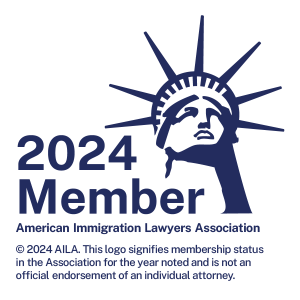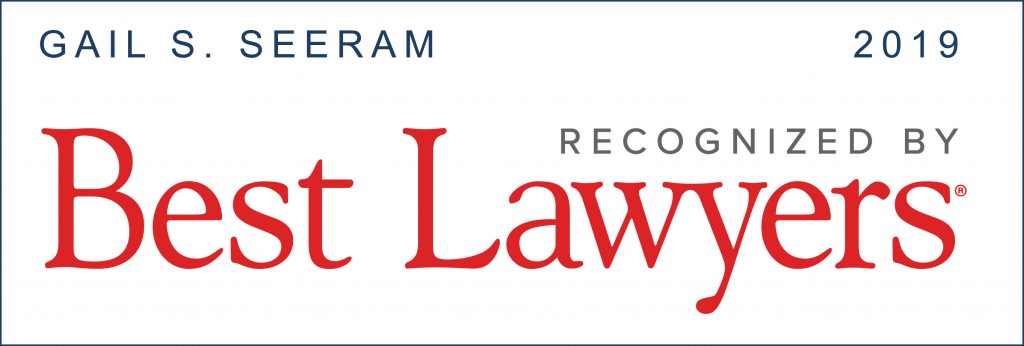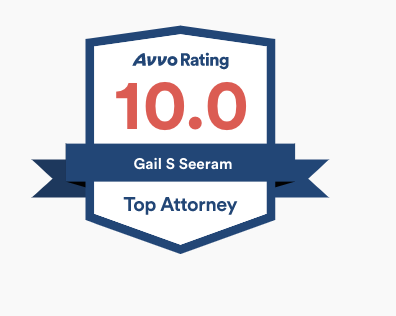
It is common for our office to hear, ” I was denied and I don’t understand why I was denied.” In the U.S. immigration system, officers have a wide array of “discretion” when making decisions to approve or deny an immigration benefit.
Discretion is defined in the Merriam-Webster dictionary as, “individual choice or judgment.” So, an immigration officer’s discretion means that officers individual choice or judgment. Sometimes the officer’s individual choice or judgment is based on facts presented, evidence presented, case law, statutory rules or just his/her gut feeling at the time.
Immigration officers have discretionary judgment when deciding whether to issue a B-1/B-2 visas or any non-immigrant visa after an U.S. Embassy interview. Unfortunately, officer’s discretionary decision on B-1/B-2 visas and other non-immigrant visas are not appealable.
The following immigration benefits also require the use of officer discretion in deciding whether to approve or deny an applicant: permanent residency (a green card), asylum, extension of stay, waiver of inadmissibility, temporary protected status, fiancé petition, and employment-based petitions.
There is no exhaustive list of factors that an immigration officers must consider. To perform a discretionary analysis, officers must weigh all positive factors present in a case against any negative factors in the totality of the record. There is no formula for determining the weight to be given a specific positive or negative factor. The analysis must be comprehensive, specific to the case, and based on all relevant facts known at the time of adjudication. The officer may not exercise discretion arbitrarily, inconsistently, or in reliance on biases or assumptions.
January 23, 2020, the Federal Court of Appeals for the Seventh Circuit issued a decision warning U.S. Citizenship and Immigration Services of demanding excessive proof of eligibility that goes beyond the standard of proof required by precedent. (Baez-Sanchez v. Barr, No. 19-1642 (7th Cir. 2020). It is well established that in visa petition proceedings, the petitioner bears the burden of proving eligibility by a “preponderance of the evidence.” Thus, even if the director has some doubt as to the truth, if the petitioner submits relevant, probative, and credible evidence that leads the director to believe that the claim is “probably true” or “more likely than not,” the applicant or petitioner has satisfied the standard of proof. See U.S. v. Cardozo-Fonseca, 480 U.S. 421 (1987).
So, where a denial can be appealed or challenged, contact legal counsel and exercise your right to contest the abuse of discretion by immigration officers.
For more information on Immigration Denial and Discretion,
text/call 407-292-7730 | whatsapp 407-353-1363 |email [email protected]
FREE phone & in-office consultation – FREE Live Chat www.GailLaw.com
Copyright © 2020, Law Offices of Gail S. Seeram. All Rights Reserved.













